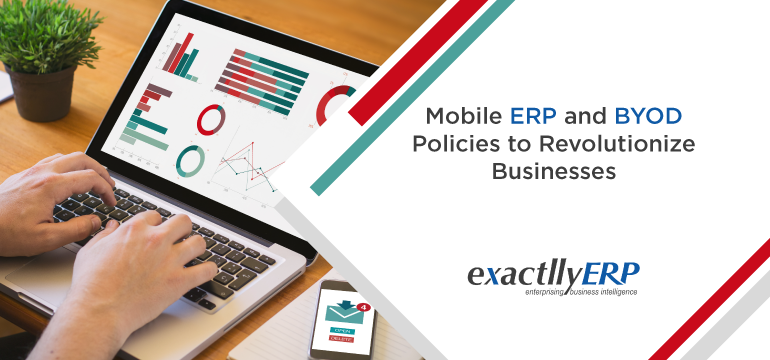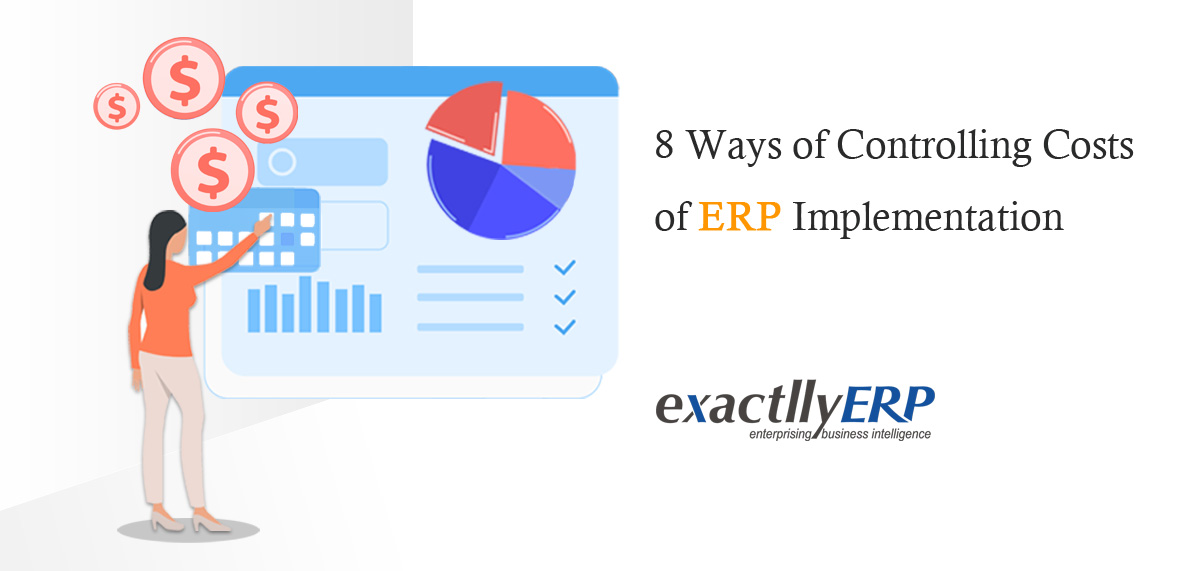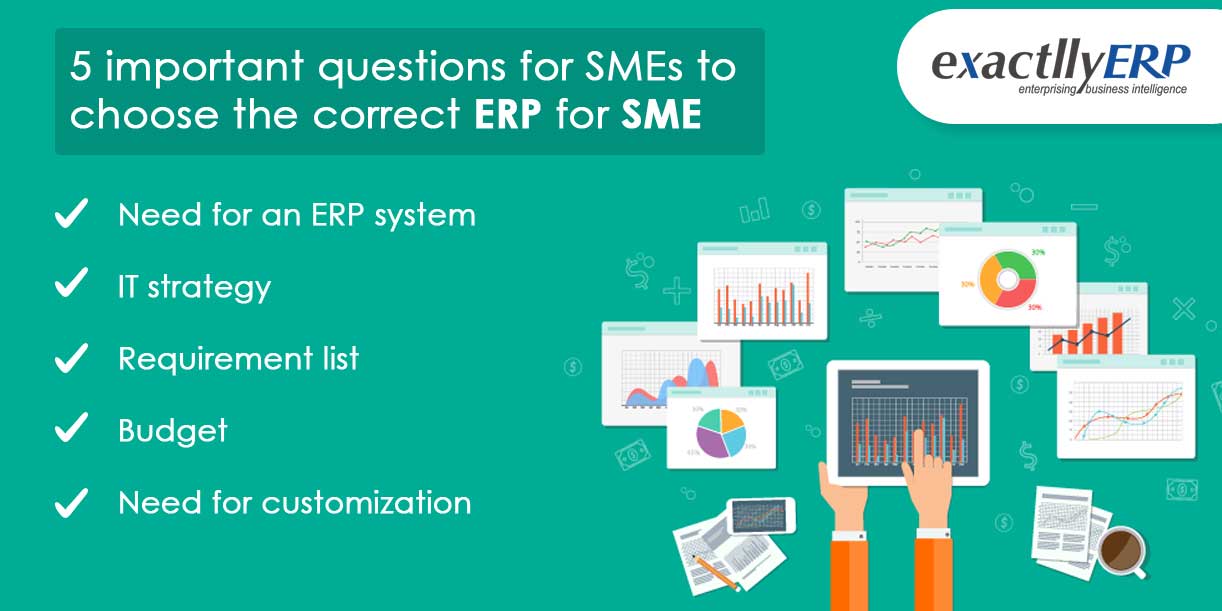Mobile ERP and BYOD Policies to Revolutionize Businesses

Mobile ERP
 Just a couple of years ago, it was universally accepted as a practice to handout cellphones that were meticulously chosen by the IT departments, to employees. These cellphones would be installed with mobile ERP systems and employees could access these enterprise features on their company cellphones.
Just a couple of years ago, it was universally accepted as a practice to handout cellphones that were meticulously chosen by the IT departments, to employees. These cellphones would be installed with mobile ERP systems and employees could access these enterprise features on their company cellphones.
Slowly over a period of time, a new trend has come to replace this practice. Usually referred to as BYOD (Bring Your Own Device), employees are increasingly allowed to choose a cellphone of their choice or just bring whatever smartphone they are already using. This not only makes employees happy but also allows you to be more productive and flexible at the same time.
What are the advantages of a BYOD policy?
There are several advantages to adopting a BYOD policy. Firstly, you will no longer need to overwork your IT department by asking them to choose cellphones for other employees. Whichever smartphones that your employees already use, can be customized for a mobile ERP and then installed on those devices. This reduces cost and increases the productivity in IT departments.
Many employees these days use either an Apple or Android device, which usually can run most ERP applications in the market. Moreover, both iOS and Android operating systems can be easily customized to run the kind of ERP app that you need.
Reduction of costs and avoiding unnecessary expenditures on new handsets
The cost factor is almost always the main reason why companies have begun to move away from company-chosen cellphones. There will be no need to invest in expensive handsets which will be given to employees who already will have cellphones anyway. BYOD completely negates the necessity for using new and unnecessary cellphones. As long as your employees use smartphones that are minimally advanced, mobile ERP can installed on them.
What about security?
Your ERP consultant should be able to help you make policies regarding the minimum requirements for employee smartphones. Many people worry about security issues, when it comes to BYOD. This fear is usually unwarranted. Most BYOD policies are backed by cloud computing. This means, even if your employee’s cellphone is lost or if he/she turns out to be suspicious, you can erase all the data remotely, including the mobile ERP app that would be installed. Thus, security issues are not of much concern.
A growing tendency towards applications will also make your employees more comfortable towards using ERP. It would be easier for them to open apps from an interface they easily understand than forcing them to use a device with which they are unfamiliar. Thus, BYOD policies can easily be integrated with mobile ERP solutions in order to reduce costs and increase productivity.
To recap, here are some of the most important advantages of integrating BYOD policies with mobile ERP
- Reduce electronic clutter
- Reduce and avoid unnecessary expenditure on cellphones
- Help employees to use their own smartphones to use ERP
- Boost productivity at work place
- Reduce security related issues with the help of cloud ERP/computing.
Final thoughts
It is becoming increasingly common at offices and organizations to allow employees bring their own devices. The earlier practices of handing out specially chosen smartphones to store and run enterprise applications has fallen out of favor. The practice of letting employees to continue using their devices and run ERP apps on it is known as BYOD. Integrating BYOD with your ERP policies will help you to reduce costs, boost productivity and concentrate on increasing efficiency at work.






